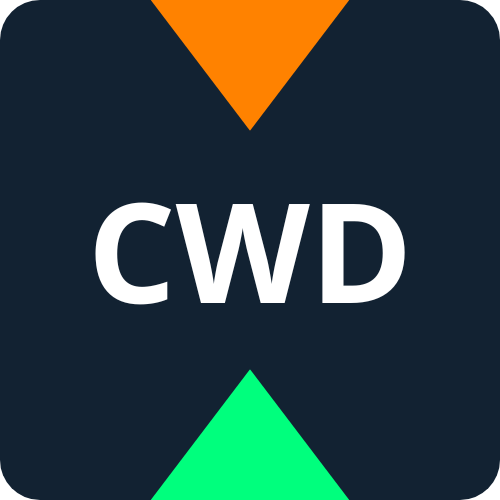What is a browser?
A browser is a computer program that loads websites via an internet connection. Examples of these various computer programs include, but are not limited to:
o Google Chrome
o Internet Explorer (IE)
o Firefox
o Opera
These computer programs are necessary for you and your users (clients) to access your website.
What is an IP address?
An Internet Protocol or “IP” as it’s commonly referred to as is a set of standards that are used to govern the interaction that is done on the internet itself.
To be able to access a website you need to know its IP address. IP addresses are commonly denoted as a unique string of numbers.
An example is:
104.16.249.5
Although, most users prefer to access a website by typing in the domain name itself in the URL/address bar or by doing a quick search through a search engine such as Google or Bing.
Each device that is connected to the internet has its own unique IP address, so your computer's IP address will differ from your friend's IP address.
To know what your IP address is you can type in your search engine, “what is my IP address” this will give you your IP address, so you can have a look at what an IP address looks like firsthand.
What is HTTP?
HTTP stands for Hyper Text Transfer Protocol, and it connects you and your website request to a server that contains all of the website's data. It is comprised of a set of rules that defines how messages are sent over the internet. HTTP also allows you to move between the site pages on a website.
What is HTTPS?
HTTPS stands for Hyper Text Transfer Protocol Secure. HTTPS ensures that all communication between the user/client and the website is secure. This prevents data from being stolen by hackers during the transmission of data. This is a must on all websites, especially those where financial transactions are taking place.
What is programming?
Coding or programming involves, writing code for web servers and for your application using programming languages. Web development has become so diverse that you can code in any high-level programming language to create a website.
What is front-end development?
Front-end development refers to what the user sees when they visit a website. It is the exterior of the website, where you see cool buttons, forms, a nice color scheme, and layout.
This is where users will interact with the website, which can involve submitting a form, carrying out a search, or navigating between links on a few web pages of a website.
What is back-end development?
Back-end development or server-side development refers to the code that the client never sees. This is the code that provides the functionality of the website, which runs in the background.
Most high-level programming languages are suitable for back-end development on a website. Popular languages include PHP, Python, Java, and C# - to name a few.
What is website security / cyber security?
Once a website goes live it is not only open to your users, but also to hackers looking to infiltrate and manipulate your website. Good web security practice involves securing your application, networks, and servers from harm by following good security principles.
So, it is important to at least have an idea of the basic security measures that need to be taken in order to keep your website secure.

